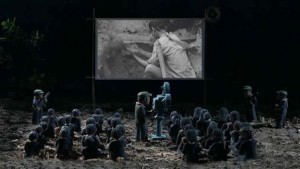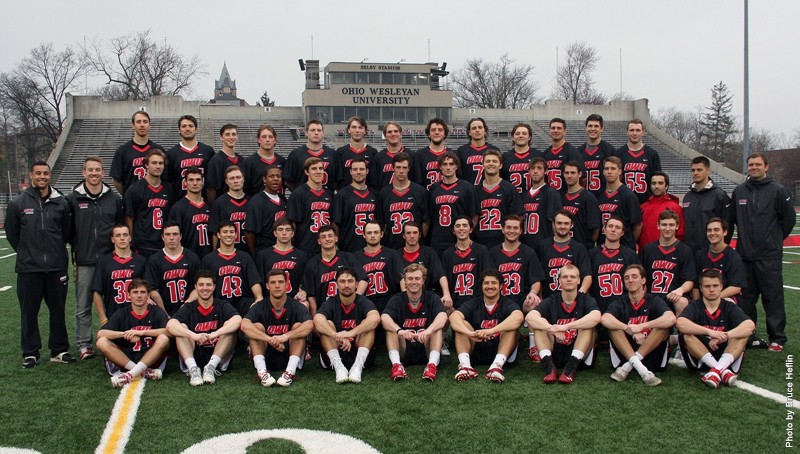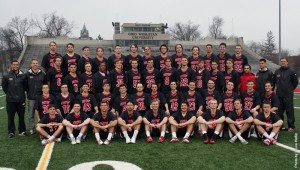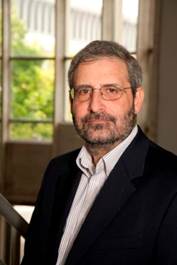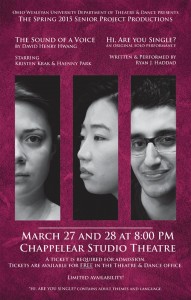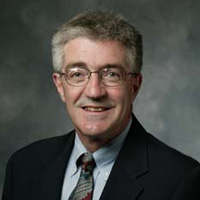With the school year winding down, many Ohio Wesleyan students are looking for summer internships.
In August of 2014, OWU career services received The Great Lakes Career Ready Internship Grant for summer internships of $133,333 from the Great Lakes Higher Education Guaranty Corporation. This grant was used to help students with financial needs.
“We’re excited and appreciative for this grant and the potential it creates for our students,” said Director of Career Services Leslie J. Melton in a press release when the grant was announced.
Now that money is available to more students looking to gain experience over the break. This is in large part thanks to the additional donations of two OWU alumni.
“Up until mid-March we were really limited in the number of students who could benefit from the dollars,” said internship coordinator Jill Walters. “We were able to change that a little bit so that the money could be available to more students.”
Walters said that this has recently created a buzz about internships.
“Now we’ve been sending all kinds of emails and trying to get folks interested because the group of eligible students is a lot larger,” Walters said.
The number of quality applications turned in by students seeking internships has grown since then according to Walters.
Even students who have already accepted unpaid internships can seek help from career services to change it to a paid one.
“We were able to reach out to those employers and say ‘hey there would you be interested in partnering, the student is eligible for grant dollars, we would love to pay their salary while their participating in an unpaid internship with you,’” Walters explained.
This was another thing career services were unable to initially do when the grant money was first received.
Internships made available by career services range from locations in Ohio, all the way to Texas, with many others in between. Students can work in fields that include: music, journalism, zoology, psychology, politics and government, business and fitness.
“It’s a really nice mix, something that was really important to our office,” Walters said.



